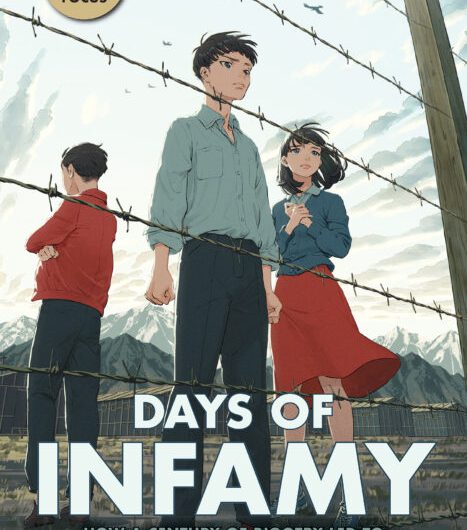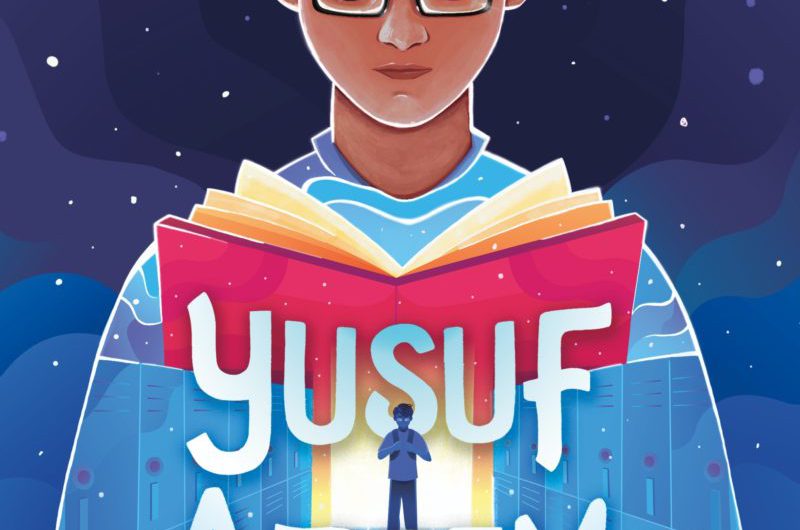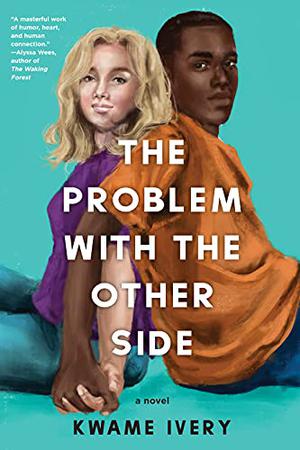Boy Like Me by Simon James Green
Set in 1994 in the United Kingdom, Boy Like Me by Simon James Green tells the story of high school junior Jamie Hampton who grew up in a time when thoughts of cuddling a same sex partner were considered a perversion. In fact, from 1988 to 2000 in Scotland and from 1988 to 2003 in England and Wales, Section 28 made homosexuality a crime. At sixteen years old, Jamie is dealing with issues of identity and self-discovery. Although he wants to be unique, Jamie is a straight-A student, a writer, an organizer, and somewhat of a book nerd. Better to fly under the radar andRead More →






